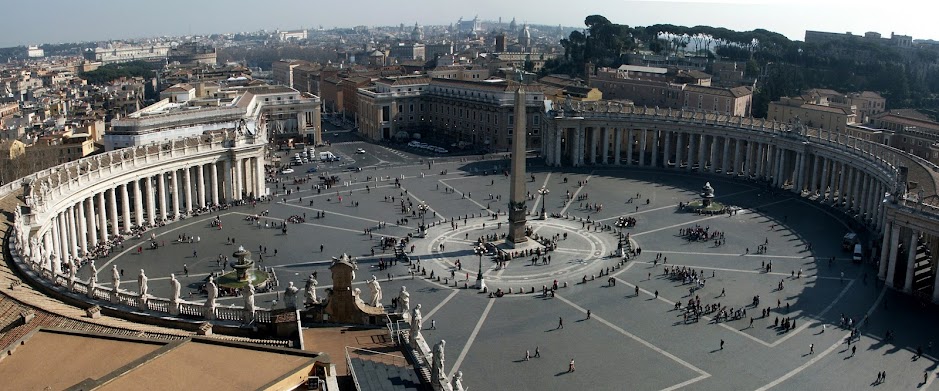(Zhejiang, Hebei, China) Ahead of this year’s Easter, the Chinese regime has launched a new crackdown on the “unofficial” (underground) church recognized by the Vatican but not by Beijing.
According to Asia News, on April 7, the Chinese authorities in Zhejiang forced Bishop Shao Zhumin of the Diocese of Wenzhou (Zhejiang) to board a plane. Local believers were concerned because they did not know where Bishop Shao was taken. The police also seized his mobile phone, and it was suspected that the government wanted to prevent him from participating in Holy Week activities, especially the Holy Chrism Mass.
At an earlier date, police also arrested Fr. Jiang Sunian, secretary-general of the Wenzhou diocese, who was later released. This is not the first time the authorities have arrested Bishop Shao, who loses contact with the outside world for several months each time he is put under arrest.
The regime’s unlawful kidnappings of Bishop Shao seem to follow a specific pattern; every abduction took place on the eve of important religious holidays and traditions in the Catholic Church, such as Christmas, Easter, and the Assumption of the Virgin Mary. Bishop Shao would even get arrested during the Commemoration of All the Faithful Departed (also known as the All Souls Day) in November and on the eve of prayers for the deceased. Many people commemorate their ancestors during the Qingming Festival according to Chinese tradition. The most recent Qingming Festival fell in early November 2021, when Bishop Peter Shao Zhumin was released after being detained for several days.
He was often coerced into learning, a form of “brainwashing” that the authorities tried to impose on him, to get him to join the “official” church in order to be better controlled by the Chinese Communist Party (CCP).
The report stated that Beijing’s ax also fell on Xuanhua Diocese (Hebei) this time. In January, before the Chinese New Year, authorities detained more than ten clergy members, including coadjutor bishop Augustine Cui Tai and the episcopal vicar, Fr. Zhang Jianlin, who had been illegally arrested and under house arrest for fifteen years. There is no further news about them yet.
Bishop Augustine Cui Tai was born in 1950 and was ordained a priest in October 1990. In 2013, he was appointed by Pope Benedict XVI as coadjutor bishop of Xuanhua Diocese and was ordained. Bishop Cui was detained on and off for fifteen years. In the past, he was only allowed to go home for a few days during festivals such as the Chinese Lunar New Year or the Mid-Autumn Festival, but was taken away again before Easter or requested to be sent to a designated place of detention.
The Holy See established the Xuanhua Diocese in 1946. In 1980, the Chinese government officially established Zhangjiakou Diocese, which was merged into Xuanhua Diocese and Xiwanzi Diocese. However, Zhangjiakou Diocese is not recognized by the Holy See.
For decades, the Xuanhua Diocese has faced pressure from the authorities of the Chinese Patriotic Catholic Association, whose actions are often seen as an expression of the CCP. However, the Holy See took into consideration the Catholic Church’s hierarchy and communion and recognized some illegal Chinese bishops who had not been appointed beforehand by the Holy See. Zhao Kexun, Bishop of Xuanhua Diocese, reportedly died in 2018. After a raid in 2007, he hid in an undisclosed location to avoid friction with the authorities.
According to previous reports, police officers tortured Bishop Augustine Cui Tai and several priests in an attempt to obtain information about Bishop Zhao Kexun, including where he was buried. Bishops being unable to perform the priesthood puts the diocese in quite a dilemma; it means that many bishops and priests have been arrested but have not been released, and the faithful are not receiving pastoral care.
The provisional agreement between the Holy See and China was signed in 2018 and renewed in October 2020 but has failed to prevent Chinese authorities from persecuting unofficial church members. In addition to the cases of Bishops Peter Shao Zhumin and Augustine Cui Tai, Bishop Julius Jia Zhiguo was put under house arrest. There are also bishops whose houses had been cut off of water, electricity, and natural gas, such as Bishop Vincent Guo Xijin of Fujian, and Bishop Joseph Zhang Weizhu, who was coerced during a political meeting. This makes Catholics and scholars of state-religion relations less optimistic about the prospect of a bishop appointment agreement or the sincerity of the Chinese regime towards religious figures.
~Gao Zhensai ChinaAid Special Correspondent
